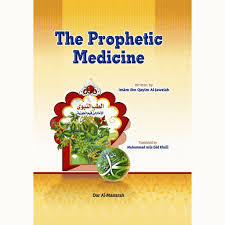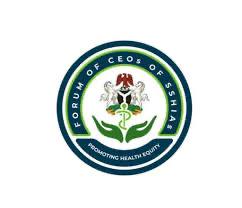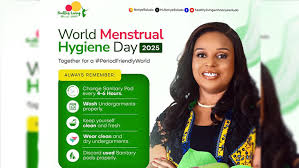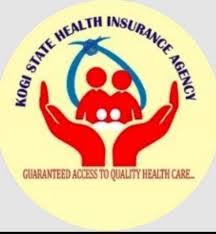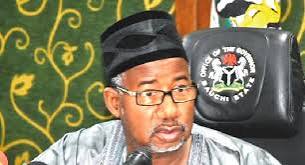Lekki, Lagos – During the 2025 Annual Prophetic Medicine Conference held in Lekki, Lagos, medical experts underscored the value of Islamic and Prophetic medicine in preventing ailments, with a focus on proactive health practices. The conference, which took place on Saturday, April 26, 2025, brought together practitioners, stakeholders, and enthusiasts of Islamic and Prophetic medicine from across Southwest Nigeria.
Prof. Adekilekun Tijani, a distinguished Professor of Anatomy at the Federal University of Health Sciences in Ila Orangun, Osun State, delivered a compelling lecture emphasizing the significant role of Prophetic medicine in preventing illness. According to the expert, many modern medical professionals advocate for preventive healthcare, and he suggested that Islamic medicine offers an excellent model for such practices. “Most practitioners in the medical field encourage preventive medicine, and when it comes to Islamic medicine, its emphasis is on prevention rather than cure,” said Prof. Adekilekun.
He further explained that the core of Islamic and Prophetic medicine is rooted deeply in the Islamic faith, as it draws from the teachings and practices of Prophet Muhammad (SAW) and his companions. “As Muslims, we believe that the actions of the Prophet (SAW) are a part of our faith, which is why embracing Prophetic medicine is in line with our beliefs,” Prof. Adekilekun said. He went on to state that the true essence of Islamic medicine lies in prevention, making it an ideal approach for individuals seeking to avoid health issues. “If you practice Islamic medicine, ailments would be prevented before they occur,” he added.
The professor also pointed out that Islamic medicine is not solely reliant on herbs but encompasses a variety of practices demonstrated by the Prophet (SAW) that have been shown to alleviate various health conditions. However, Prof. Adekilekun emphasized the need for more awareness regarding Prophetic medicine, particularly among Muslims. He expressed concern that many Muslims might not be fully aware of its benefits, while non-Muslims are increasingly adopting these practices. “It’s surprising to me that many non-Muslims are more familiar with Islamic and Prophetic medicine than Muslims themselves, and they have already embraced it,” he noted.
In a separate address, Dr. Opeyemi Abdullah, Deputy National President of the Islamic and Prophetic Medicine Practitioners Association of Nigeria, discussed the objectives of the conference. He revealed that the gathering was focused on gathering resources to certify and license members of the association, a step toward ensuring that Prophetic medicine is practiced within a regulated framework. Dr. Abdullah, who also serves as the Zonal President of the B Zone, stated that the association is working to elevate the practice of Prophetic medicine, setting it apart from African traditional medicine by establishing its roots in Islamic tradition.
“For Prophetic medicine, every practice and treatment must have a basis in the Qur’an or Hadith, and it must align with the principles of Islam,” Dr. Abdullah emphasized. He encouraged the public to explore Islamic medicine, noting that, in addition to complementing Western medicine, it is more affordable and safer. “Islamic medicine is not only cost-effective but also offers solutions to medical conditions where Western medicine may fall short,” he explained. “If you are looking for a cheaper and safer alternative, Islamic medicine is the way to go. Furthermore, if Western medicine hasn’t been able to solve your medical issue, Islamic and Prophetic medicine could be the next step to consider.”
Dr. Abdullah also urged practitioners of Islamic and Prophetic medicine to formalize their practice by obtaining licenses from the relevant regulatory authorities. He reassured members of the association that the organization is ready to assist them in obtaining such certifications to ensure that their practices meet the required standards.
The conference, which concluded with these insightful discussions, highlighted the growing interest in Prophetic medicine in Nigeria and the potential it holds as an alternative or complement to conventional medical practices. As the public continues to explore different avenues of healthcare, Prophetic medicine appears poised to play a significant role in promoting preventative health and wellness.

